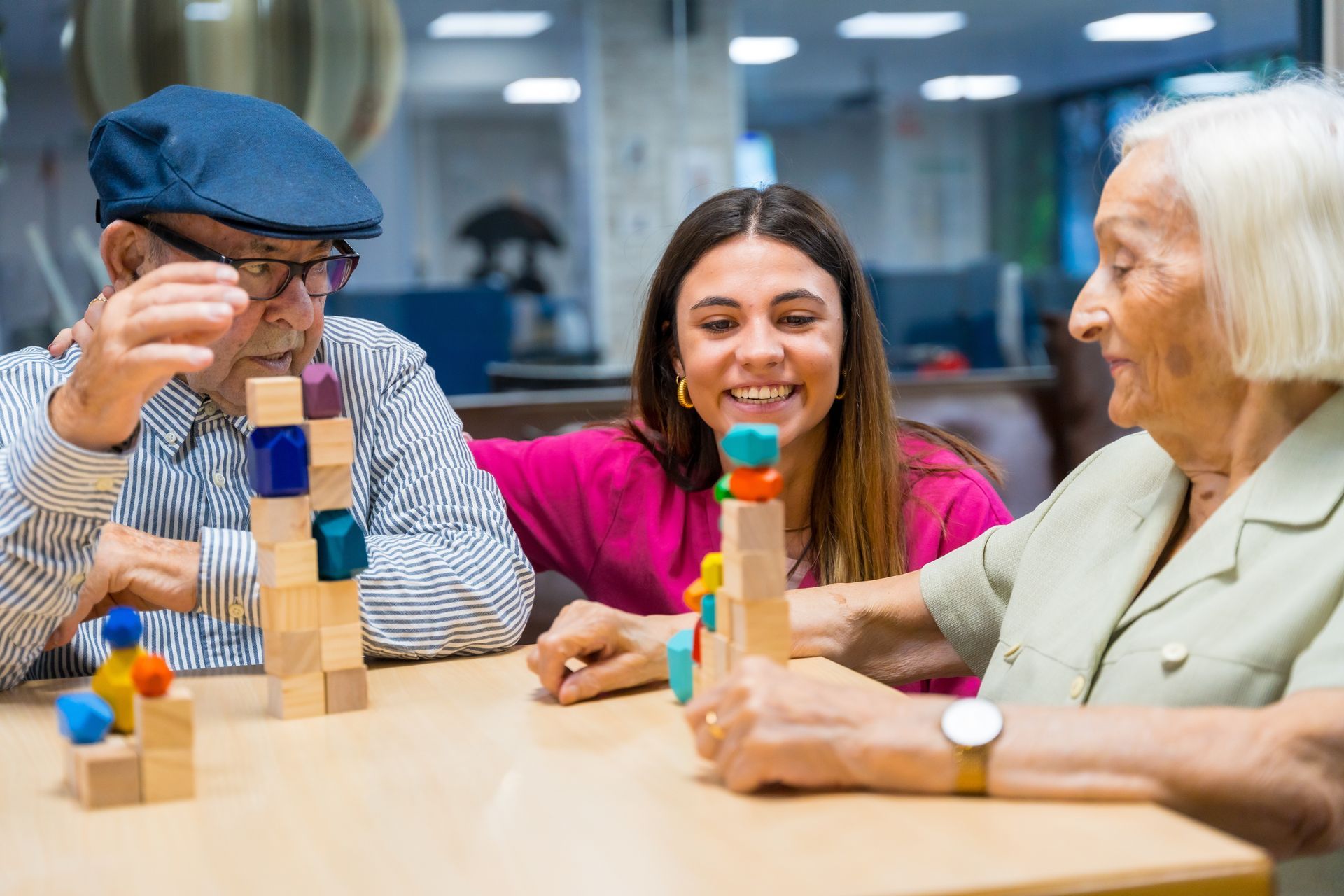BLOG
Is Assisted Living Right for You? Questions to Ask Yourself
One of the most difficult senior living questions to answer is how do you know when it’s time to make a move to assisted living? Is there an “a-ha” moment, or is it more of a gradual realization? Whether you are considering the move for yourself, or for a loved one, here are questions to first ask yourself as you decide.
Assisted living questions to ask yourself
Health
It’s important to not ignore unusual symptoms that could lead to long-term complications if not checked in an early stage. A few important senior living questions to ask yourself:
- Has there been sudden weight loss or gain?
- Is it difficult to get up from a chair, navigating stairs and/or around furniture?
- Has there been a recent health scare or trouble recovering from common illnesses such as colds?
- Are chronic health conditions getting worse or harder to manage?
Tasks
Keeping up with the responsibilities of home maintenance, daily chores, and even personal hygiene can become overwhelming when it’s all up to one person. If it seems like it’s all stacking up more than it should, ask yourself:
- Is it hard to keep up with yard work, house cleaning, laundry, shopping, and other chores?
- Can your loved one shower, dress, use the bathroom and manage their medications unassisted?
- Are there unpaid bills, and/or has your loved one fallen victim to scams?
- Are pets well taken care of?
Safety
Some 90% of older Americans say they want to age in place, yet 85% have done nothing to prepare their homes for aging. That can leave you or a loved one vulnerable to risk factors. Here are some important senior living questions to consider:
- Have there been recent kitchen fires or appliances left on?
- Does your loved one get disoriented in familiar places?
- Have you fallen, or is your loved one at high risk due to eye conditions, balance, medications or safety concerns in the home?
- How close is help in an emergency: health, fire, natural disaster or other?
Social
Staying social and engaging with others is essential for healthy aging, providing numerous mental and physical health benefits. In fact, the National Institute on Aging cites research linking social isolation and loneliness to higher risks of blood pressure, heart disease, obesity, depression, cognitive decline and Alzheimer’s disease.
- What type of social opportunities are available?
- Do you find yourself avoiding activities you previously loved?
- Do you have active friendships?
Transportation
Changes in eyesight, stiff joints, problems with hearing, slowing reflexes, even side effects from medications can make it more difficult to stay safe on the road. Ask yourself these senior living questions to help identify if it’s time for a change:
- Have there been accidents or close calls while driving?
- Have you noticed dangerous driving: too fast/slow, tailgating, drifting across lanes or confusing the gas and the brake?
- How is your reaction time and vision; are you easily distracted?
- Has your loved one gotten lost on the way home?
Nutrition
USDA MyPlate reminds us that as we age, healthy eating can make a difference in our health, help to improve how we feel, and encourage a sense of well-being. It’s important to enjoy a variety of foods from each food group to help reduce the risk of developing chronic diseases such as high blood pressure, diabetes, hypertension, and heart disease.
- Are there stale, expired foods in the pantry or excessive amounts of particular items?
- Do you live on TV dinners or take-out, opting to avoid cooking freshly prepared food?
The answer to many senior living questions could be assisted living
At Assured Senior Living, our assisted living communities are designed to empower and nurture residents to live meaningful, enjoyable, independent lives. Our valued community members include individuals with Alzheimer’s disease, Parkinson’s disease, other types of dementia, stroke, and other cognitive impairments.
Our residents require extra support and assistance to successfully navigate their days in comfort and ease—and we’re happy to provide everything they need to thrive. Here, you or your loved one will receive round-the-clock, customized care in our tight-knit, supportive community.
Whatever senior living questions you may have, we are here to help.
Contact us today, or download our free Family Decision Toolkit guide for more information.















